Directory
- Share
Tess Stanley
- Scholar-elect
- United States
- 2025 PhD Physiology, Development and Neuroscience
- Churchill College
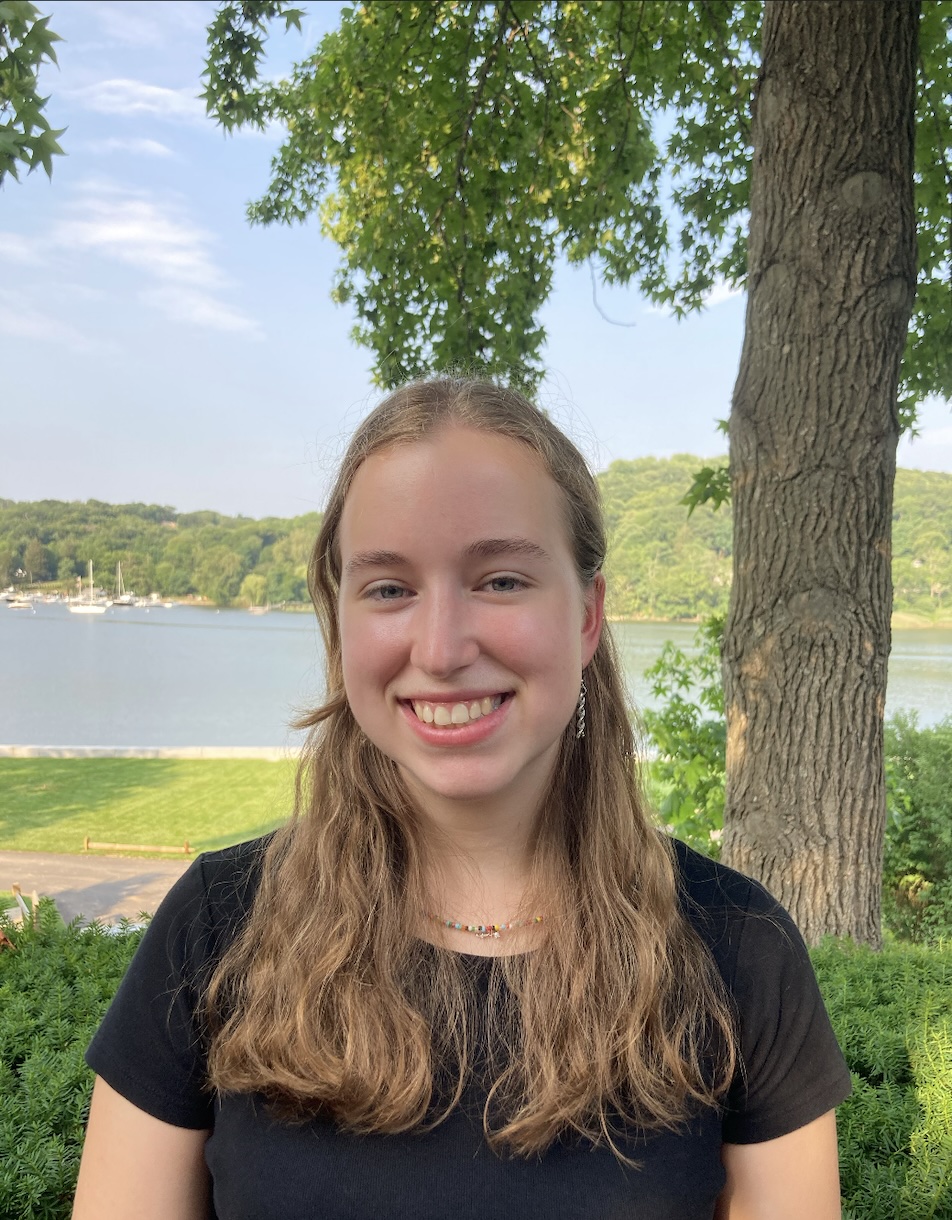
Tess Stanley
- Scholar-elect
- United States
- 2025 PhD Physiology, Development and Neuroscience
- Churchill College
My curiosity for neuroscience grew from my love for mystery, recognizing the similarities between the intricate ‘whodunits’ I adored as a child and the body’s real life mystery: the brain. At Lafayette College, I pursued a dual degree in neuroscience and philosophy, investigating sensory hair cell function and death with Dr. Tamara Stawicki. There, I became interested in how the brain interacts with the sensory environment at the cellular level. My research with Dr. Lucas Cheadle at Cold Spring Harbor Laboratory deepened my interest in the fascinating world of neuron-glial interactions in brain development, plasticity, and disease. During my PhD in Physiology, Development, and Neuroscience with Dr. Elisa Galliano’s lab, I will investigate how microglia drive neuronal plasticity in the olfactory system. Through this work, I aspire to uncover how diverse brain cells work together harmoniously and advance our understanding of glial activation in neurodegenerative diseases such as Parkinson’s disease. Additionally, I look forward to expanding my science accessibility outreach in the greater Cambridge community. I am honored and inspired to join the Gates Cambridge scholarship community.
Previous Education
Lafayette College Neuroscience
Yimeng Wang
- Scholar-elect
- China
- 2025 PhD Physiology, Development and Neuroscience
- Downing College
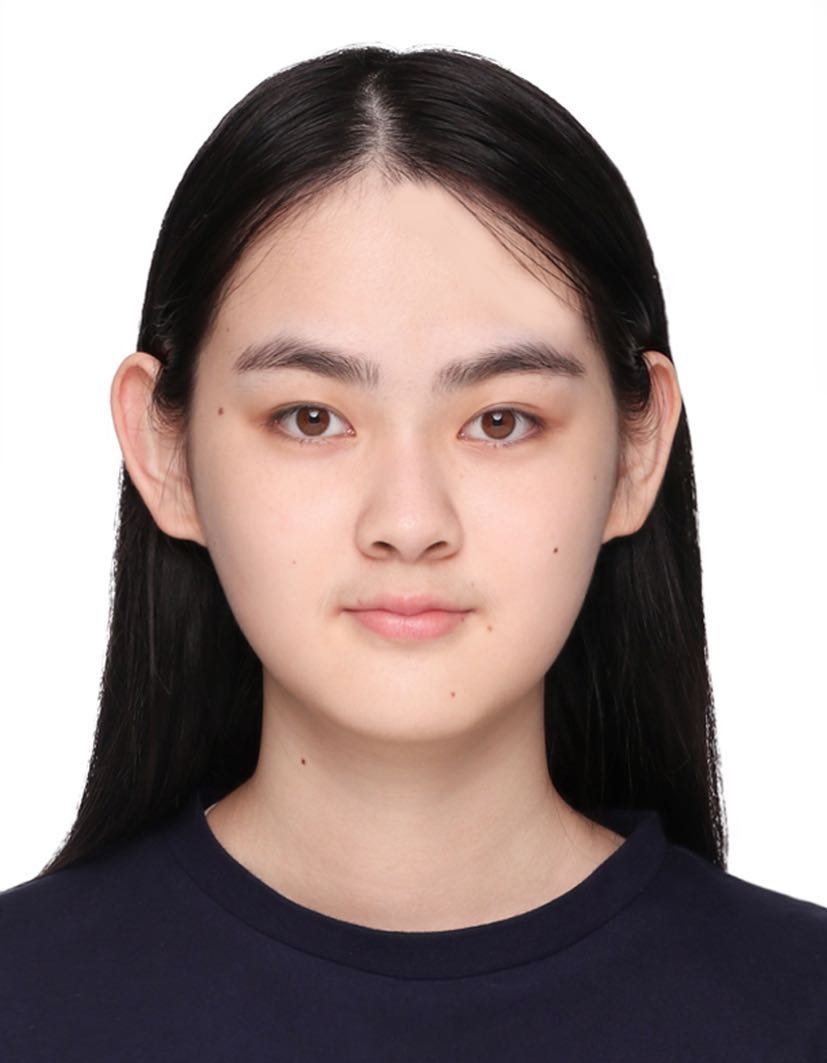
Yimeng Wang
- Scholar-elect
- China
- 2025 PhD Physiology, Development and Neuroscience
- Downing College
“If brain regions were filed under literary genres, the frontal lobes would surely be found in the Fantasy section.” My journey with this fantasy began at University College London during my undergraduate studies in Neuroscience. I became particularly drawn to the complexity of emotions and the prefrontal cortex, a heterogeneous and intricate region that remain understudied. I was motivated to explore how abstract emotional experiences can be grounded in distinct patterns of prefrontal circuit activity. My curiosity also extends to situations in which these processes go awry, particularly in psychiatric disorders, where disruptions in the prefrontal cortex can have profound consequences. Now continuing this journey through my PhD, I intend to investigate the functional asymmetry between the left and right dorsolateral prefrontal cortex, examining whether they differ in processing emotional valence and functional connectivity. Beyond theoretical research, I also hope to translate my findings into refined therapeutic strategies. In many ways, I feel I am charting my own story through the brain’s Fantasy section, seeking to decode some of its most intricate and compelling narratives.
Previous Education
University College London Neuroscience
Bailey Weatherbee
- Alumni
- United States
- 2019 PhD Physiology, Development and Neuroscience
- Jesus College
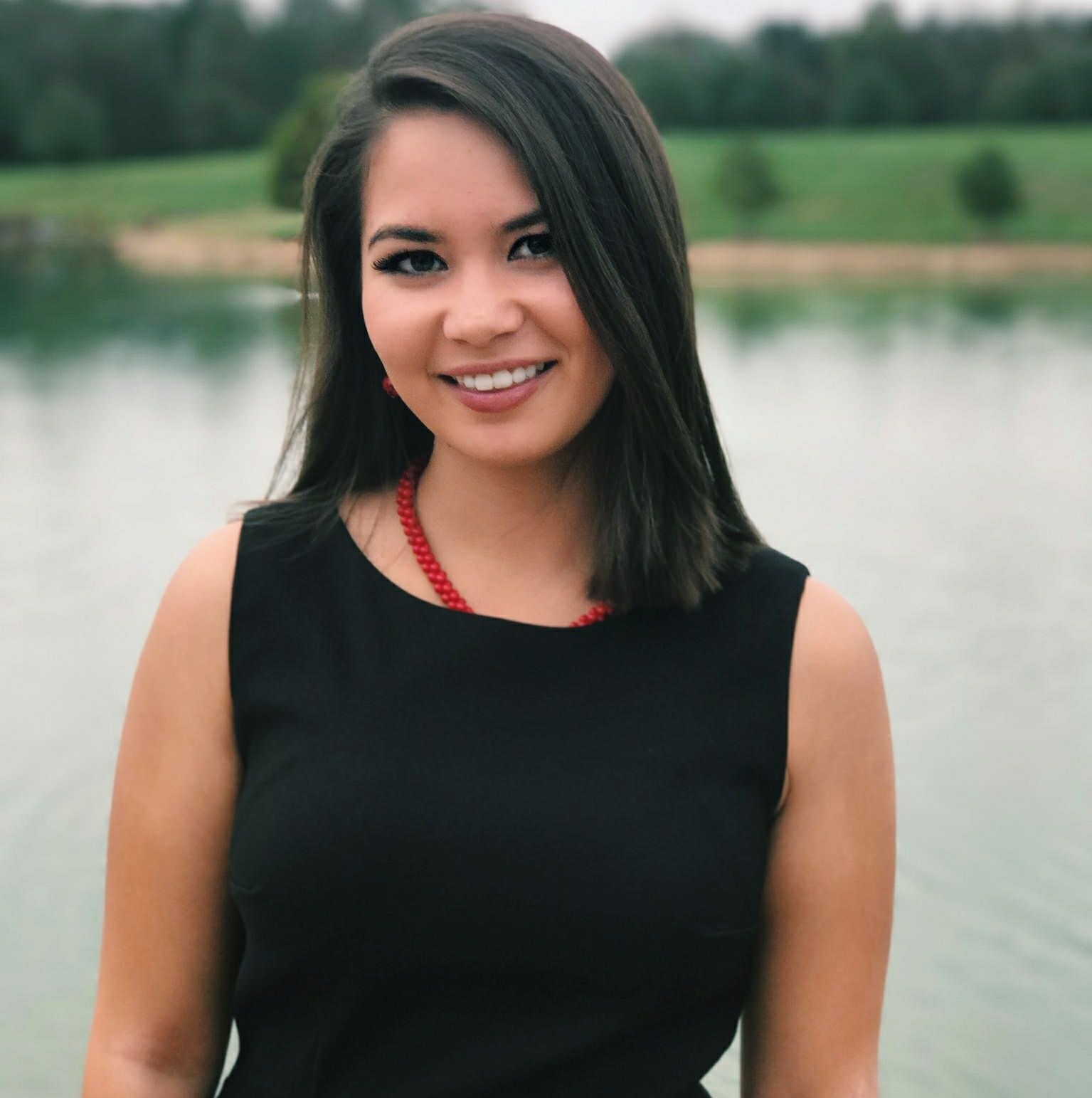
Bailey Weatherbee
- Alumni
- United States
- 2019 PhD Physiology, Development and Neuroscience
- Jesus College
Since childhood, I was always fascinated by developmental biology. I wanted to understand how a single cell could become a complex organism. After matriculating as an Honors Biology student at the University of Delaware, I joined Dr. Salil A. Lachke’s developmental genetics laboratory where I studied the role of RNA-binding protein-mediated post-transcriptional regulation in mammalian ocular lens development. Simultaneously, I explored my passions for education access and science advocacy. Since 2014, I’ve worked with Leading Youth Through Empowerment – a non-profit that offers accelerated coursework to high-achieving at-risk youth. I also participated in the American Society for Biochemistry and Molecular Biology’s Advocacy Training Program through which I met with the offices of my senators and representative to advocate for science funding and education.At Cambridge, I will carry out my Ph.D. project in the laboratory of Dr. Magdalena Zernicka-Goetz studying the post-implantation development of human and mouse embryos. Post-implantation stages are referred to as the “black box” of development, and very little is known about these early stages when many pregnancies fail. Recently, Dr. Zernicka-Goetz’s group developed a culture system that opened this “black box” and I look forward to finding what lies within it. I am honored to join the motivated and interdisciplinary Gates Cambridge community.
Previous Education
University of Delaware Bachelor of Science in Biological Sciences 2019
Byung Yoon
- Alumni
- Korea, Republic of
- 2007 PhD Physiology, Development and Neuroscience
- Trinity College

Byung Yoon
- Alumni
- Korea, Republic of
- 2007 PhD Physiology, Development and Neuroscience
- Trinity College
I am now entering the third and final year of my PhD studies with Professor Christine Holt. My project is focused on elucidating molecular processes involved in the development of nervous system. After my PhD, I will be returning to Johns Hopkins School of Medicine to finish the remaining two years of medical school. My long-term interest is in nervous system damage and repair.
Xin Wen Zhang
- Scholar
- Canada
- 2021 PhD Physiology, Development and Neuroscience
- Trinity Hall
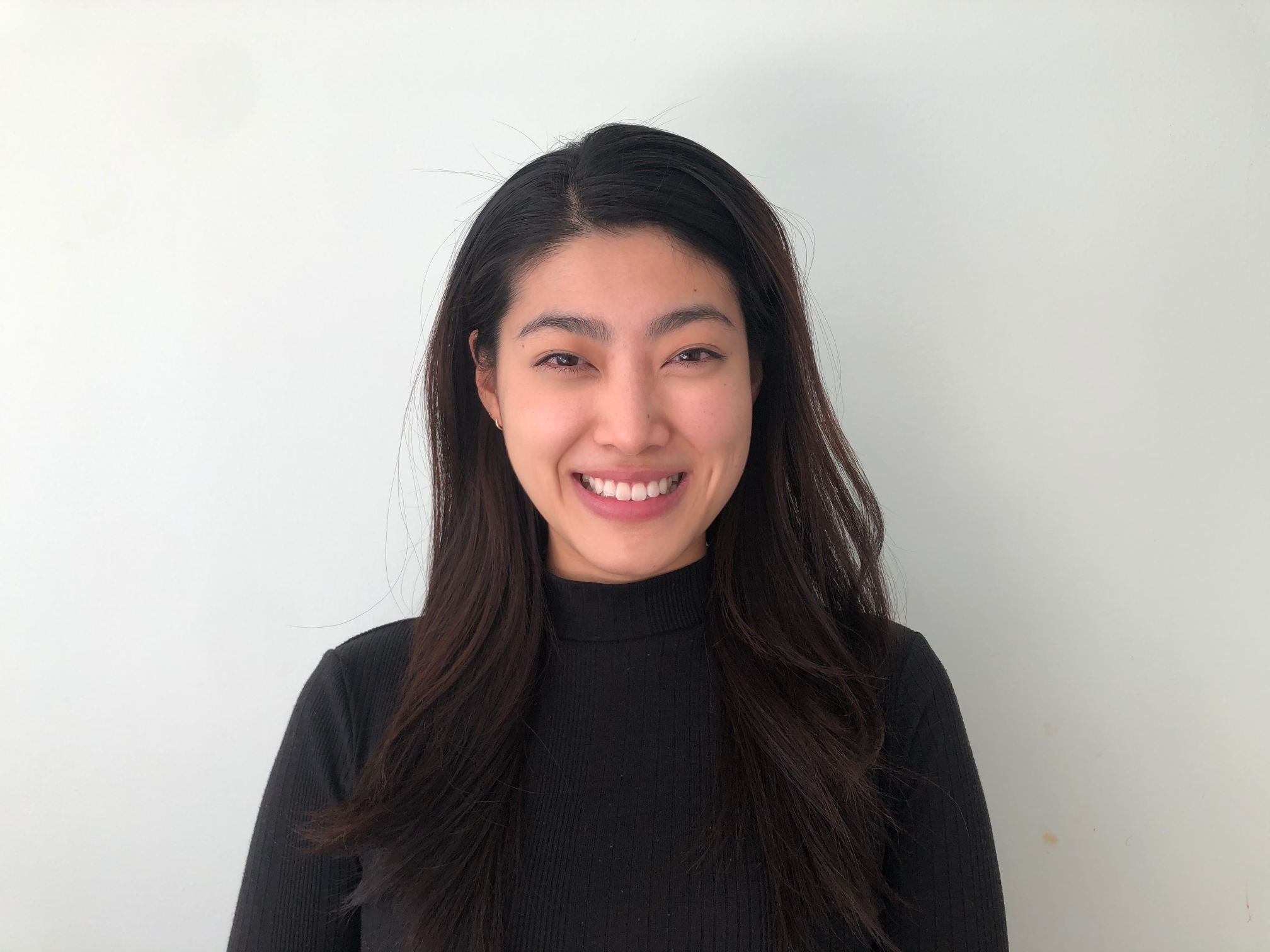
Xin Wen Zhang
- Scholar
- Canada
- 2021 PhD Physiology, Development and Neuroscience
- Trinity Hall
Nutrition during pregnancy is perhaps the most influential non-genetic factor for fetal development and lifelong health thereafter. Global rates of obesity are increasing at an alarming rate and with that, an increase in obesity during pregnancy. Children of obese mothers have an increased lifetime risk of developing cardiometabolic problems and psychiatric disorders. My PhD work will explore how maternal obesity affects immune activity to disrupt nutrient partitioning capabilities in the placenta. Through this, I hope to elucidate the mechanisms by which maternal obesity impacts fetal growth and offspring metabolism in order to develop targeted interventions for affected children. Developmental programing, reproductive health, and diet during pregnancy as a modifiable risk factor are internationally relevant science communications and public health issues. Knowledge must move from the laboratory into policy in order to reach health services. What’s more, relevant audiences have to understand and correctly apply this information. For these reasons, I am an active proponent to improving scientific literacy and access to education and dedicate my community development initiatives to creating such educational resources.
Previous Education
University of Toronto Reproductive Physiology 2020
University of Western Ontario Medical Sciences 2018
Nemira Zilinskaite
- Scholar
- Lithuania
- 2020 PhD Physiology, Development and Neuroscience
- Wolfson College
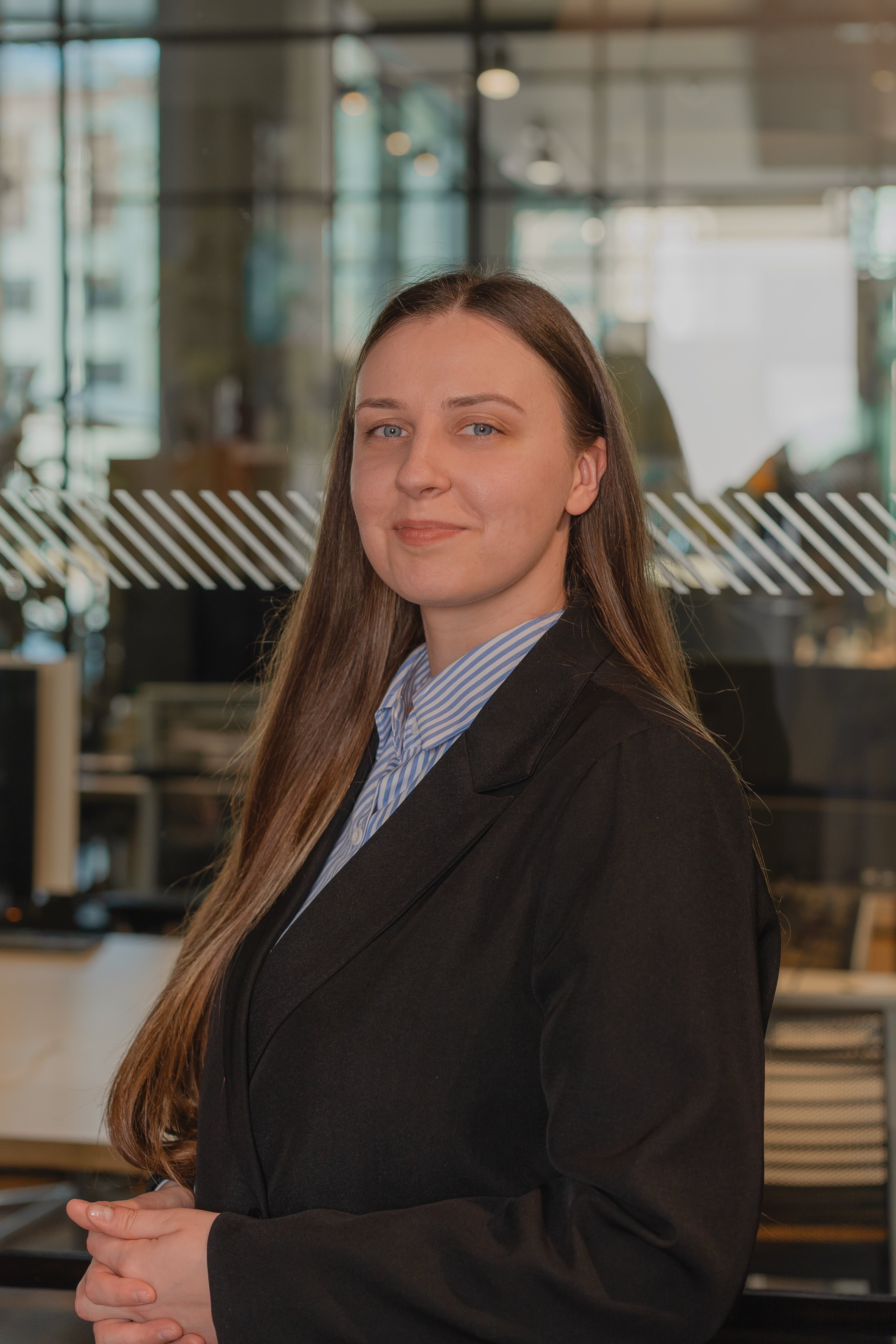
Nemira Zilinskaite
- Scholar
- Lithuania
- 2020 PhD Physiology, Development and Neuroscience
- Wolfson College
Nemira Žilinskaitė is a biomedical scientist and entrepreneur dedicated to advancing neuroscience and women's health. As Gates Cambridge Scholar, she earned her PhD at the University of Cambridge, studying neural stem cells at the Gurdon Institute. She is now continuing research on early interventions in neurodevelopmental disorders at Vilnius University. Nemira founded Muuza, an AI-driven startup revolutionizing vaginal health diagnostics, and launched Nucleate Baltics to support biotech innovation across the region. Her work bridges science and entrepreneurship, driven by a commitment to translating cutting-edge research into accessible, real-world solutions that improve human health.
Previous Education
The University of Nottingham BSc Hons Biotechnology 2020








